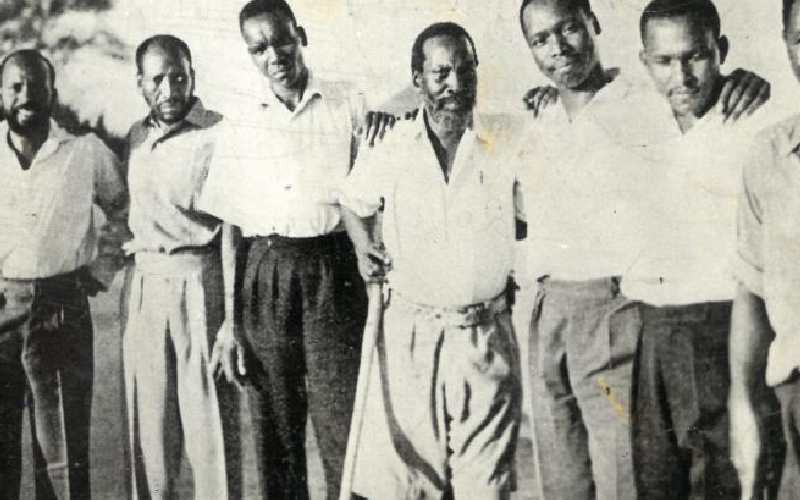×
The Standard e-Paper
Home To Bold Columnists

Kapenguria Six Prisoners. [File, Standard]
The trial of the infamous Kapenguria six was one of the most spectacular events in pre-independent Kenya. The trial of Jomo Kenyatta, Achieng' Oneko, Paul Ngei, Fred Kubai, Kungu Karumba and Bildad Kaggia had the potential to cast a negative light on the British government. Therefore, all loopholes had to be sealed to give the trial as little publicity as possible.